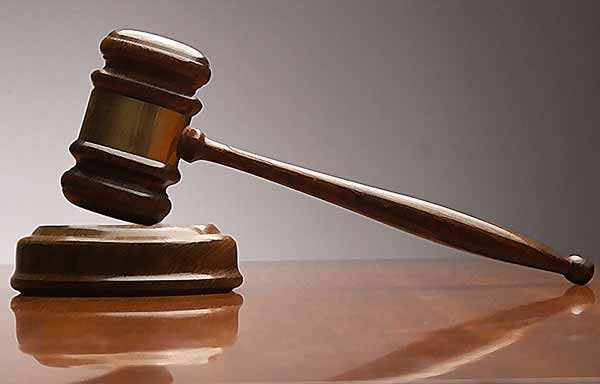
Last week, Florida’s House of Representatives approved a business-backed bill that will shift the state’s test for the admissibility of expert witness testimony from the Frye standard to the Daubert standard. Approximately 28 other states and the federal courts use this tougher standard, which critics say would pose a challenge for patients who pursue medical malpractice claims. According to the Orlando Sentinel, the House passed the Bill with a 77-38 vote and is now awaiting approval from Governor Rick Scott.
The Florida Supreme Court has consistently adhered to the Frye standard, which allows for the admissibility of expert opinions based on whether the principles or techniques presented have gained general acceptance in their particular field. The new bill, however, places new limits on the kind of expert witness testimony that can be used in a medical malpractice lawsuit. For instance, the limits imposed by the bill require medical experts to be from the same field as the physician who is being sued.
Critics of H.B. 7065, such as plaintiffs’ attorneys and the Florida Justice Association, argue that the bill creates challenges for malpractice victims to seek justice. Senator Maria Lorts Sachs explains that the “Daubert standard could have a narrowing effect on a citizen’s access to having a day in court.” Supporters of the bill, however, insist that the bill will help attract health care professionals to the state and also reduce medical malpractice costs.
A key component of doctor-patient confidentiality might be compromised with the new bill, which includes the adoption of ex parte communications. According to the Orlando Sentinel, outside communication between “defense lawyers and doctors who are not connected to the lawsuits but who have treated the plaintiffs” can occur without the presence of the plaintiffs’ lawyers. Although supporters of the bill say that this change could expedite the case, critics are concerned about patient rights to confidentiality.
Barring an unlikely veto from Governor Rick Scott, the new standard will go into effect on July 1.
Frequently Asked Questions

Medical expert witness testimony is required for all malpractice cases in Florida. Only someone who meets the requirements established in F.S. §766.202(6) legally qualifies as a medical expert witness in Florida. The statute requires that a medical expert witness must: Regularly practice in their field; Hold a professional degree from a university or college; and
Read More
Yes, you can sue for malpractice if your loved one dies from withdrawal or detoxification in a treatment center. Treatment center care providers must monitor patients’ withdrawal symptoms during detoxification. If a patient experiences complications, they may need medication, additional medical support, or emergency care. In some cases, pre-existing mental, emotional, or physical health care
Read More